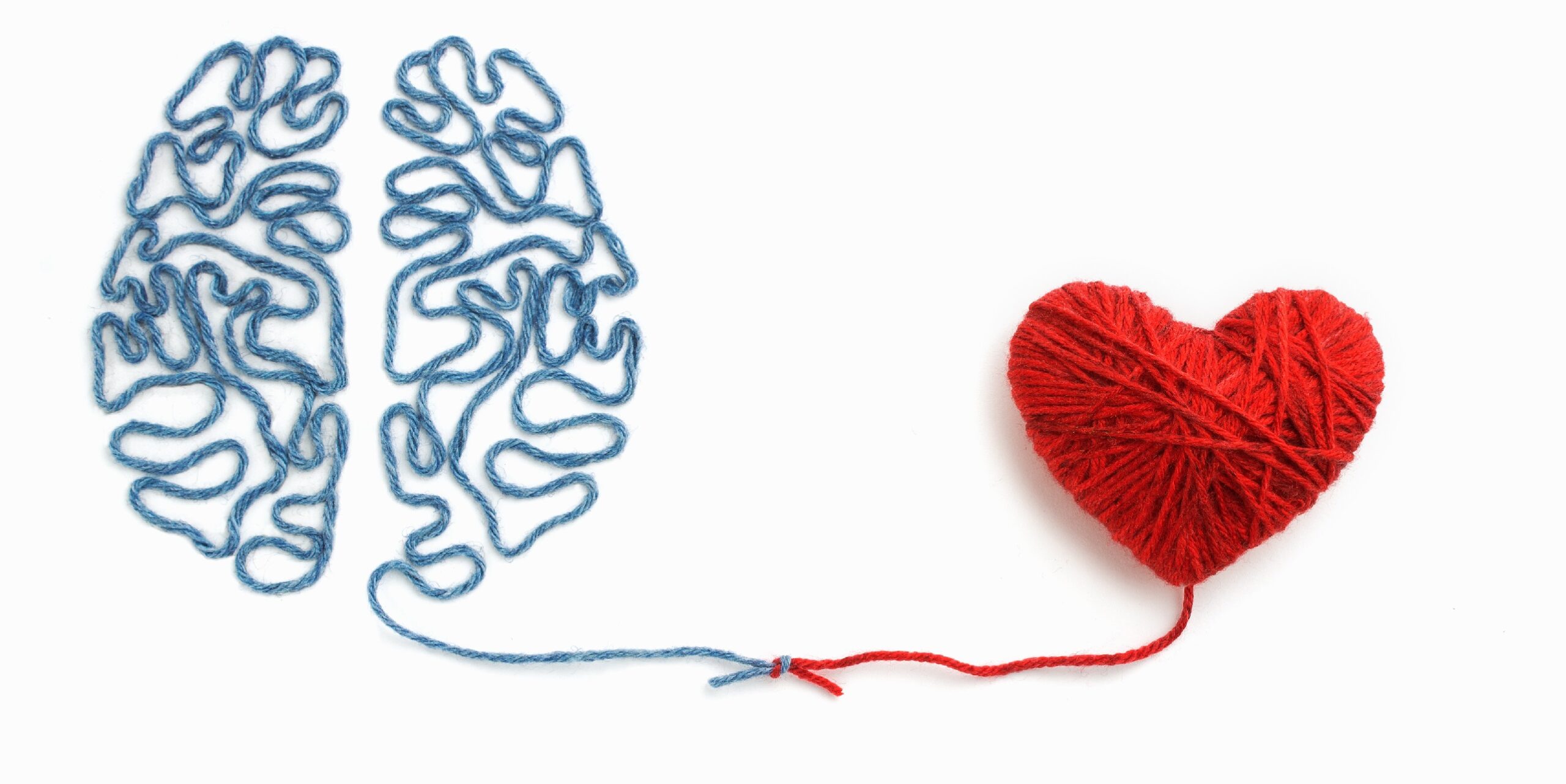
Heart weakness damages the brain – the decoding mechanism – the healing practice

Disruption of gene activity in the brain as a result of heart problems?
The possible links between cardiac and brain function have been discussed in the professional world for a long time, but the underlying mechanism has remained unclear until now. A current study now shows that heart problems lead to impaired genetic activity in the memory center in the brain, which leads to cognitive loss.
Researchers from the German Center for Neurodegenerative Diseases (DZNE), the University Medical Center in Göttingen (UMG) and the German Center for Cardiovascular Research (DZHK) searched for possible causes of the relationship between cognitive disabilities and heart problems in laboratory studies – and found what they were looking for. Thus gene activity in the brain is affected by heart disturbances, which leads to a loss of perception. The results of the corresponding study were published in the specialized journal.EMBO Molecular Medicine“.
The relationship between the heart and the brain
Last year, a research group from the Max Planck Institute for Cognitive and Brain Sciences (MPI CBS) in collaboration with researchers from the Heart Center in Leipzig demonstrated that Heart failure also weakens the brain. With impaired heart function, the density of gray matter in the brain decreased.
Four million people are affected
“In Germany, about four million people are affected by what is called heart failure: the heart muscle is too weak to pump enough blood through the body, and therefore abnormally swells,” DZNE says in a press release about the results of the current study. Not only does fitness and quality of life suffer as a result, but affected people also have an increased risk of developing dementia, and DZNE continues.
Cognitive failure due to heart failure
People with heart problems, especially heart failure, can experience significant cognitive deficits and an increased risk of Alzheimer’s disease. Possible causes include impaired blood supply to the brain and disorders of the hippocampus, which is the control center for memory, ”explains Professor Andre Fischer of the University Medical Center Göttingen.
Impaired genetic activity
Professor Fisher says that until now, it’s still not entirely clear which malfunctions are occurring in neurons. In the current study, researchers were able to prove for the first time in mice that impaired genetic activity in the hippocampus arose as a result of heart problems. In addition, the mice with heart failure performed significantly worse on memory tests than the healthy types, says Professor Fisher.
DNA wrapping is critical
When examining neurons from the hippocampus of mice with heart failure, the researchers found increased stress signals and altered gene activity. The latter depends on the altered coiling of DNA. The genetic makeup of a mouse – and humans as well – consists of about 20,000 genes each, of which only a portion is activated in every cell. However, this is not a simple on or off state, but the activity can be as strong or less robust, which depends, among other things, on how tightly the DNA is wrapped and how accessible the genes are.
According to the researchers, the DNA of both mice and humans is more than a meter long, but in the cell it is tightly compressed. However, “genes can only be active if they are within the reach of the cell machinery” and “to do so, the DNA must be wrapped a little loosely at relevant points,” explains Professor Fischer. This is like a spinning ball with the loops sticking out.
In mice with heart problems, the DNA in neurons was wrapped more tightly than in healthy types, so different genes important for the function of the hippocampus were less active than in healthy animals, according to the research team’s report of the results of its study. The tight DNA is said to be caused by chemical changes in histones, which are special proteins that act as spools of strands around which DNA is wrapped.
New treatment approaches
In previous studies, researchers had already looked for active substances that affect histones and identified the cancer drug “Vorinostat” as an active substance that could alleviate genetic and age-related memory problems in mice. As part of a clinical study conducted by DZNE, vorinostat is already being investigated to treat people with Alzheimer’s disease.
In the current study, researchers administered this active ingredient to mice with heart failure, which did not significantly change the heart’s pumping capacity, but improved memory performance. Not only does the study show a reason for an increased risk of developing dementia in people with heart problems, but it also suggests a potential drug treatment for symptoms of mental impairment.
Vorinostat has a proven effect on histones and thus on gene activity. Thus, our study provides preliminary indications of the molecular processes that contribute to cognitive disturbances in heart problems and shows potential starting points for treatment, ”Professor Fischer asserts. However, it is still unclear why the genetic activity in the hippocampus is disrupted as a result of heart failure.
Important questions that need clarification in future studies are, for example, what role does the lack of blood supply to the brain play and whether substances that affect histones may be released from a sick heart, Professor Fisher sums up. (fp)
Author and source information
This text complies with the requirements of the specialized medical literature, medical guidelines and current studies and has been examined by medical professionals.
author:
Double. Geogr. Fabian Peters
Inflated:
- George Sflumus, Katherine Briskin, et al .: Intra-lobed xenografts grafts show that lobular carcinomas depend on their own extracellular matrix and LOXL1; In: EMBO Molecular Medicine (veröffentlicht 22.02.2021), embopress.org
- German Center for Degenerative Neurology (DZNE): Heart impairment is harmful to the brain (published 02/26/2021), dzne.de
important note:
This article is for general guidance only and is not intended to be used for self-diagnosis or self-medication. He cannot replace a visit to the doctor.

“Organizer. Social media geek. General communicator. Bacon scholar. Proud pop culture trailblazer.”
